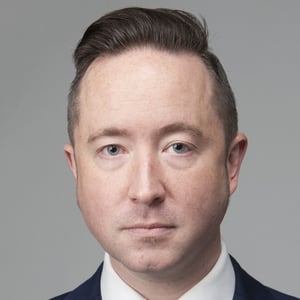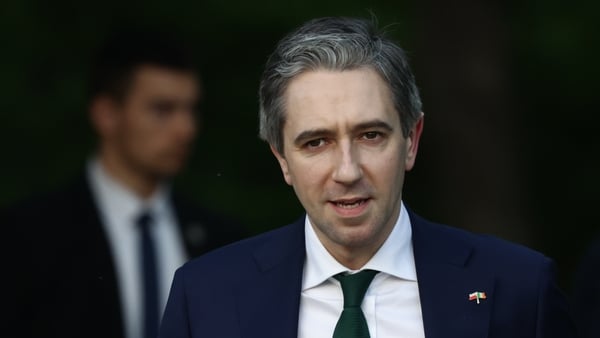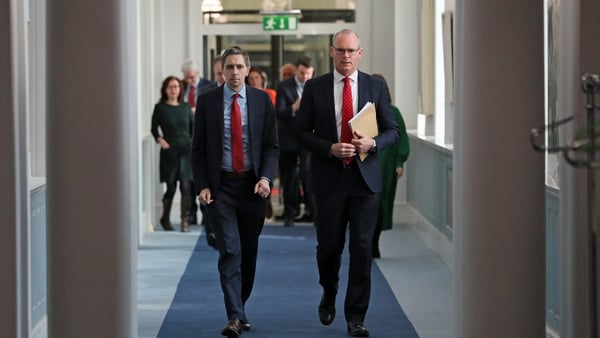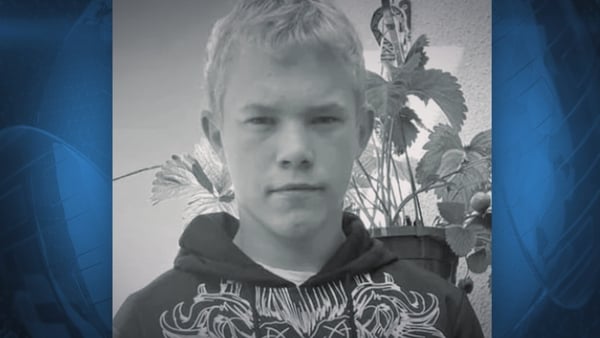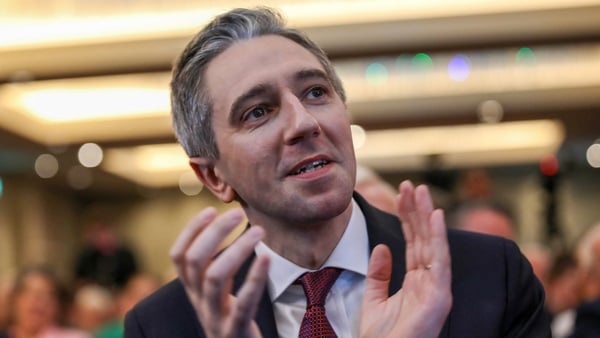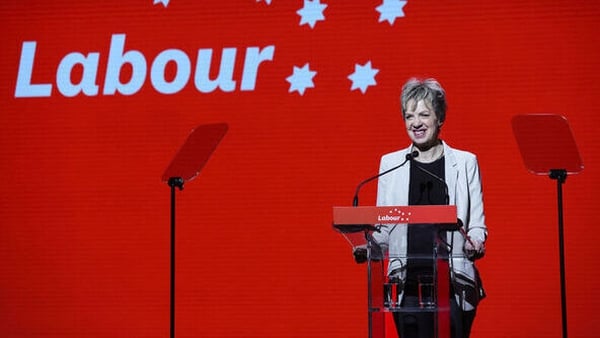More than a thousand babies have been diagnosed as being born addicted to or affected by illegal and legal drugs in Ireland over the past decade.
The new figures come as maternity doctors and drug support groups say improved national services are needed to help people facing the situation.
According to HSE figures released to RTÉ News under the Freedom of Information Act:
- between January 2013 and December 2021 a total of 1,097 babies were born officially addicted to or affected by drugs or alcohol in Ireland
- the figure includes 792 babies addicted to illegal drugs and 12 addicted more to legal drugs
- it also includes 183 babies affected by illegal drugs and 81 affected by legal drugs
The overall figure fell from 146 in 2013 and 2014 to 106 in 2019.
However, it rose to 120 in 2020 and to 127 in 2021, years which coincided with the Covid-19 pandemic.
Cases were identified in all HSE hospital groups, including:
- Ireland East (between 20 and 30 cases per year from 2013 to 2021, including 29 in 2021)
- Dublin Midlands (between nine and 33 cases per year from 2013 to 2021, including 16 in 2021)
- RCSI Group (between 27 and 47 cases per year from 2013 to 2021, including 33 in 2021)
- South/South West (between 19 and 30 cases per year from 2013 to 2021, including 24 in 2021)
- University of Limerick Group (between eight and 12 cases per year from 2013 to 2021, including less than five in 2021)
- and Saolta Group (between 11 and 16 cases per year from 2013 to 2021, including 11 cases in 2021)
We need your consent to load this rte-player contentWe use rte-player to manage extra content that can set cookies on your device and collect data about your activity. Please review their details and accept them to load the content.Manage Preferences
Speaking to RTÉ News, Professor Mike Boyle, consultant neonatologist at the Rotunda Hospital in Dublin, said: "A number of these babies can be admitted to the neonatal unit if they are suffering from withdrawal symptoms, and that can be a wide range of issues including difficulty feeding, and being irritable, being sensitive to noise and light.
"The symptoms a baby might demonstrate may include irritability, difficulty with establishing feeding, they can be very restless, and they may require medication to support them through that withdrawal period.
"We would typically have one or two babies with this condition throughout the year at any given moment in time and their length of stay with us in the neonatal unit can be just a couple of days to several weeks to months, depending on how the baby has been affected by the condition."
He added "The one [combination of drug] we would see most commonly would be a combination of heroin and methadone in combination with other medications.
"Others we would see are benzodiapine, cocaine and anti-psychotic medications.
"We don't have a coherent plan for how to manage these babies. Some units will manage less than five a year, here we manage a lot more than that, and how they are treated and their follow-up is not the same.
"That's something we can develop a national guideline for this treatment, and I would really like to see us try to invest in services going forward.
"We would like to see supports to keep the mother and baby together, a darkened room that would support their treatment, and that's something that we can definitely improve on."
Improved support
His colleague Professor Maeve Eogan, consultant obstetrician and gynaecologist at the Rotunda Hospital, said in addition to helping the baby in these situations, there also needs to be improved support for the pregnant women involved.
"Obviously in the ideal world nobody should be taking any alcohol or drugs during pregnancy, but it's absolutely clear there are women on drugs during pregnancy," Prof Eogan said.
"The reality of society is there are women who have a drug or alcohol addiction, and the important thing is we have an inclusive team here who can help them first of all with their pregnancy, because the addiction is second to that.
"That includes specialist midwives, specialist doctors, and whatever help they need in terms of supports or additional supports both for themselves and for their baby.
"Judgement blame and shame serve absolutely no purpose. It's really important as a society we're supportive of people with addiction in order they can limit the impact of addiction and hopefully conquer addiction in time.
"But also as a maternity service it's really important we have the right care for people throughout their pregnancy, so they can access all the usual areas they require but also the specialist areas they require due to their addiction."
HSE
In a statement to RTÉ News, the HSE said supports are available to help people in this situation and that anyone seeking help can contact the confidential support HSE Drugs and Alcohol Helpline on 1800-459-459.
"Do not be afraid to get help if you feel you'd benefit from it," the HSE said.
"You can find services near you on the HSE website or from your GP or midwife.
"Your midwife and doctor are used to looking after babies with drug withdrawal symptoms. They can offer support and advice.
"In some maternity hospitals there are Drug Liaison Midwives who specialise in helping women with drug addictions to get help. They can offer support throughout your pregnancy."
